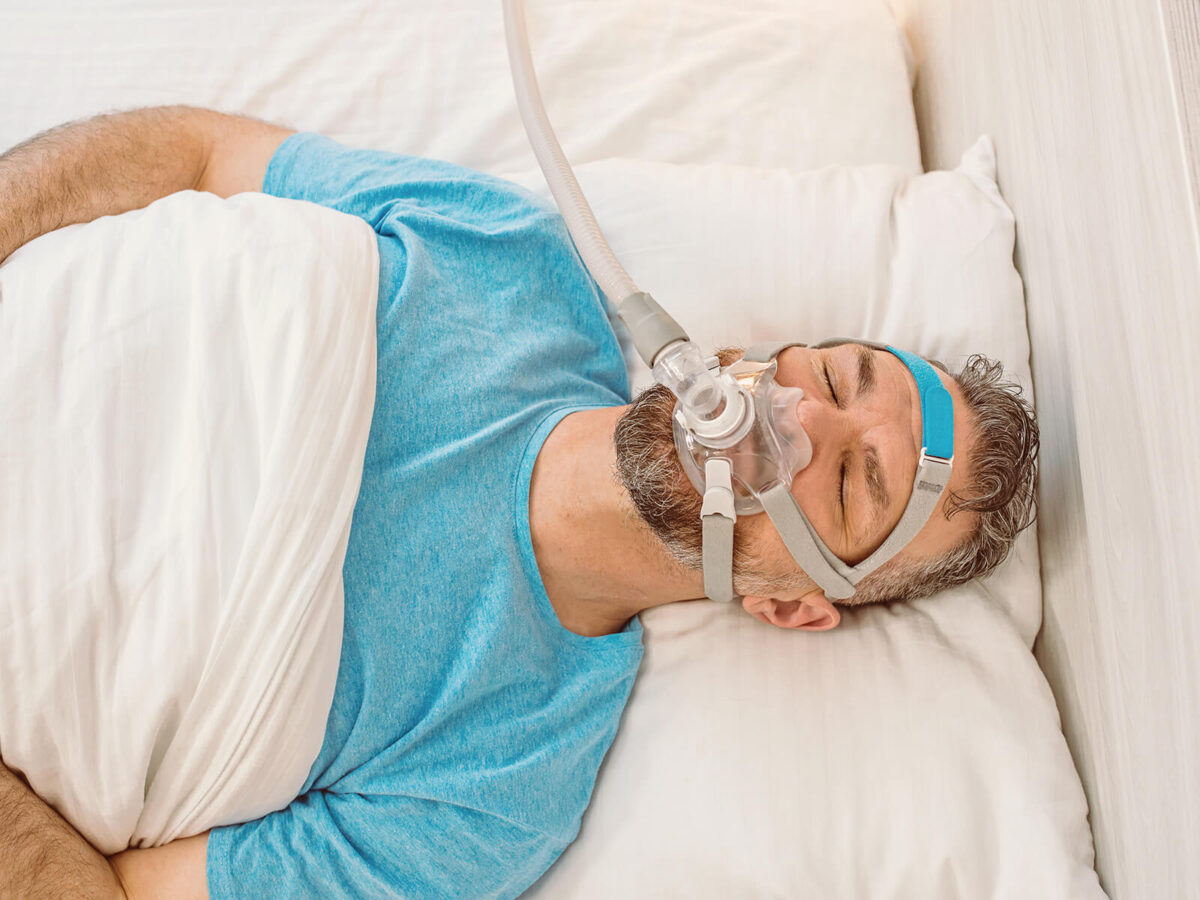Blog
Dental hygiene tips for healthy teeth & gums

Understanding Sleep Apnea: Symptoms, Causes, And Treatment Options
Sleep apnea is a prevalent sleep disorder characterized by repeated pauses in breathing during sleep, leading to fragmented and poor-quality sleep. In this article, we’ll delve into what sleep apnea entails, its symptoms, its underlying causes, and the diverse treatment options available to manage this condition effectively.
What is Sleep Apnea?
Sleep apnea is a sleep disorder where breathing repeatedly stops and starts during sleep. This interruption in breathing can range from a few seconds to minutes and can occur numerous times throughout the night. While sleep apnea is more commonly observed in men, it can affect women as well.
Symptoms of Sleep Apnea
- Identifying the symptoms of sleep apnea is crucial for timely diagnosis and intervention. Common symptoms include:
Loud Snoring: Persistent and loud snoring is often a prominent symptom of sleep apnea. - Pauses in Breathing: Individuals may experience pauses in breathing during sleep, often followed by gasping or choking sounds.
Daytime Fatigue: Disrupted sleep due to sleep apnea often leads to excessive daytime sleepiness and fatigue. - Morning Headaches: Waking up with headaches is another symptom associated with sleep apnea.
- Irritability and Mood Changes: Sleep apnea can contribute to irritability, mood swings, and difficulty concentrating during the day.
Causes of Sleep Apnea
- Sleep apnea can stem from various factors, including:
Obstructive Sleep Apnea (OSA): The most common type of sleep apnea occurs when the muscles in the throat relax excessively during sleep, causing the airway to become blocked. - Central Sleep Apnea (CSA): Less common, CSA arises when the brain fails to send proper signals to the muscles controlling breathing during sleep.
- Risk Factors: Obesity, advancing age, family history, smoking, and nasal congestion are among the factors that can increase the risk of developing sleep apnea.
Treatment Options for Sleep Apnea
Several treatment options are available to manage sleep apnea effectively:
- Lifestyle Changes: Modifying lifestyle habits such as weight loss, smoking cessation, avoiding alcohol and sedatives before bedtime, and sleeping on your side can alleviate symptoms.
- Continuous Positive Airway Pressure (CPAP): CPAP therapy involves wearing a mask connected to a machine that delivers a continuous stream of air to keep the airway open during sleep.
- Oral Appliances: Dental devices can help keep the airway open by repositioning the jaw and tongue.
- Surgery: In certain cases, surgical interventions may be recommended to address anatomical abnormalities contributing to sleep apnea.
Conclusion
Sleep apnea is a serious sleep disorder that can significantly impact quality of life if left untreated. Recognizing symptoms and seeking timely medical attention is crucial for effective management. By adopting lifestyle changes, utilizing CPAP therapy, exploring oral appliances, or considering surgical options, individuals can successfully manage sleep apnea and improve overall sleep quality and well-being.
If you suspect you or a loved one may have sleep apnea, consult a healthcare professional for proper diagnosis and personalized treatment recommendations. Better sleep leads to better health and a better quality of life. Remember, understanding sleep apnea and taking proactive steps toward treatment can make a profound difference in sleep and overall health.
